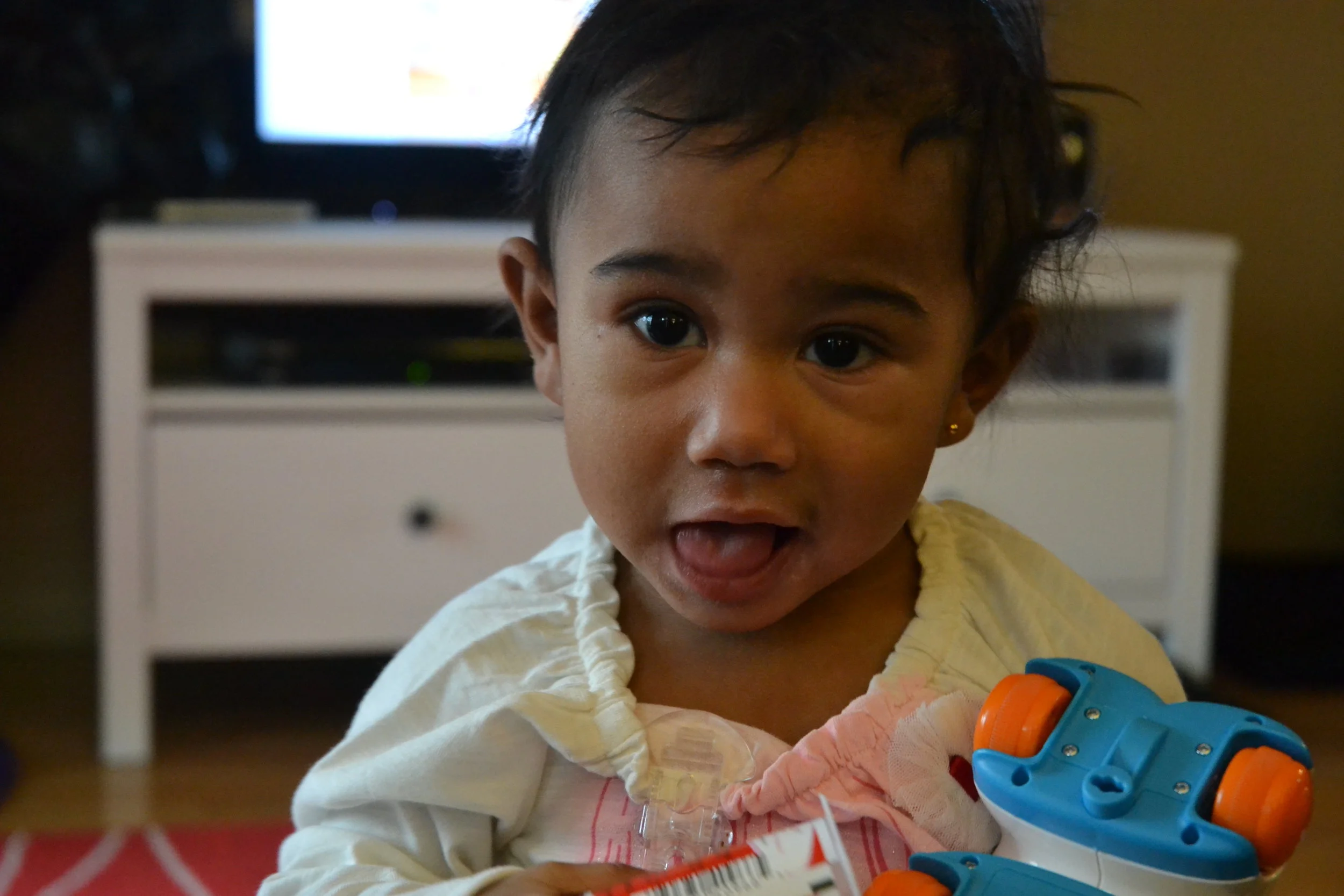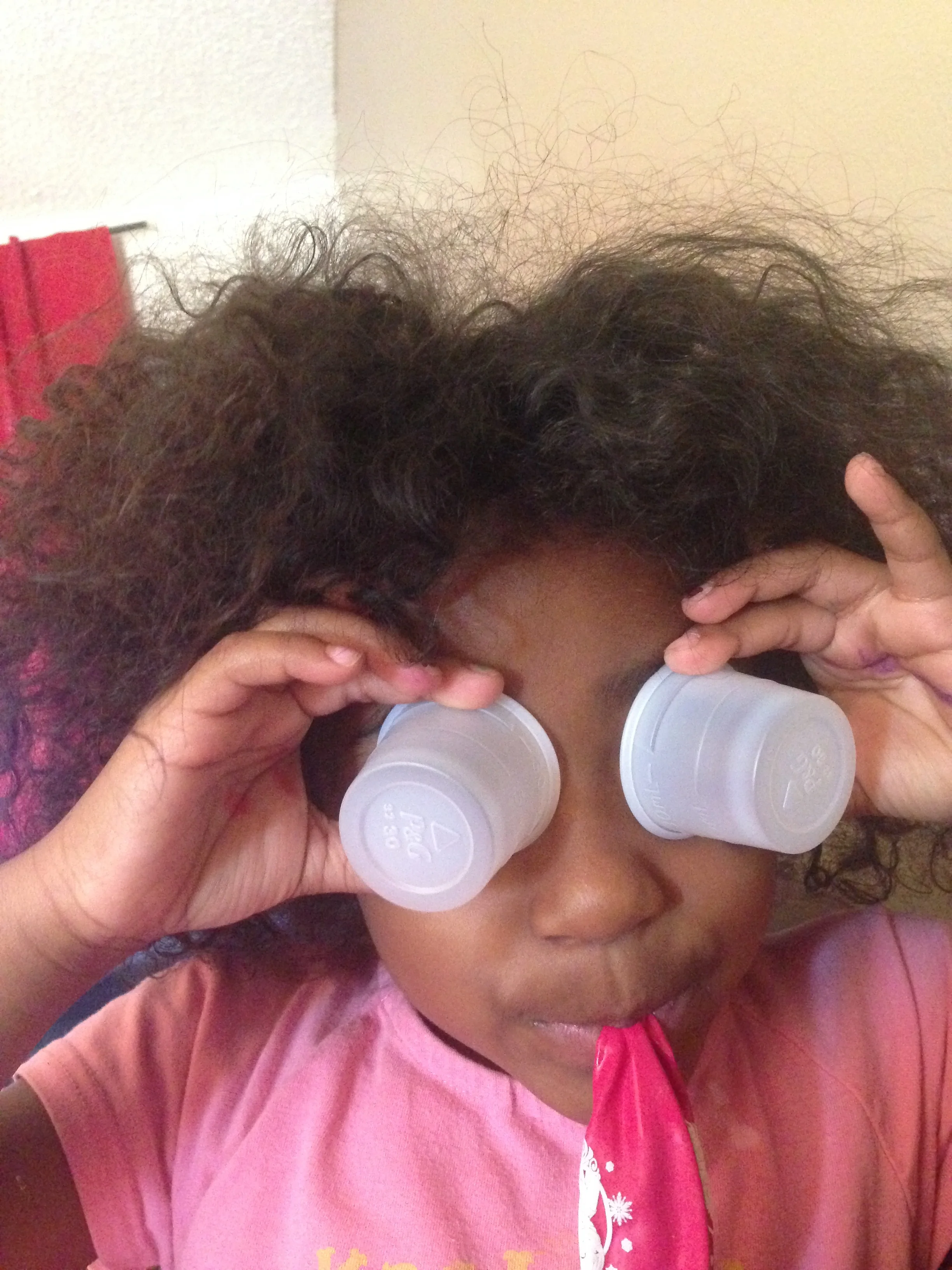Photo by Jonny Caspari on Unsplash
Falling in Love with Potential
Unconscious Relationship Wounds & Projecting
Projecting -The Subtle Relationship Poison
Relationship wounds greatly impact how we view self and how we relate to others. These wounds can be large and easily recognizable or more subtle and much harder to see. Wounds that are harder to see can create large roadblocks in our ability to connect with others and may prevent us from creating the relationships that we desire.
I have noticed a large number of my friends projecting in their romantic relationships, with colleagues at work, and even with their children. Projecting is one of the subtle relationship wounds that are harder to see, as they reinforce our lack of awareness and have a huge negative impact on our connections with others.
What is projecting?
Meline Klein describes projective identification as a defense mechanism in which an individual attributes unacceptable (denied) parts of self onto another person. Projection can range from a single emotion to attributing an entire role to another individual. A common example is an individual stating that another is angry, assuming this is true and acting as if this is factual.
We do this as a defense mechanism, in order to shift focus from us and blame something else on the outside world. When we shift the focus we actually split our identity by denying self on an unconscious level. When we are in a grouchy mood, isn't it fairly easy to focus on the shortcomings of others? On an unconscious level, if we highlight what is happening with others, then we distract the focus from our ego and believe that doing this will help us feel better. “If you would stop doing _____I would not be so grouchy.” Projecting is a defense mechanism to avoid our own shame.
How do you recognize it?
Recognizing when we are projecting is extremely difficult because we do not want to identify with what we are projecting. This is our way of getting rid of unwanted experiences or emotions. Possible signs you are projection:
Assuming another’s feelings. “If I was him I would feel _____.” “They must be ______.”
Being intensely focused or dwelling on someone’s behavior or motives.
Being overly critical or shaming another
Feeling superior to another
Envy or Jealousy
Being defensive
How it does it impact our relationships?
I was driving with a friend and she wanted some advice on how to handle her boyfriend, who was avoiding social interactions with her friends. For 10 minutes, she proceeded to identify all the ways that she thought he must be feeling, and how she needed to act differently to help him not feel that way. She continued on, revealing his relational history, how she would feel if she were him, and how he must feel when facing these obstacles. Not only was she projecting her emotions, but she was placing him in a role in their relationship.
When we project onto others we are disconnected from the relationship, and in some ways we take away the voice/experience of the other. If my friend did not share this conflict with her boyfriend and was not aware of her projecting behaviors, there would be no way that her boyfriend would be able to convince her otherwise. This comes from our tendency to not check in or seek feedback from another when we are projecting. Although my friend had good intentions of helping her boyfriend, she was denying her own insecurities and placing them on him. Denial would have a large impact on their interactions and the stability of their relationship due to the judgement of him that her projection caused.
How much are we able to value others and see them for who they are if we are projecting? When we are projecting we are not able to see past our own nose or accept other possibilities than what we are experiencing as fact. This is true whether we are dealing with romantic partners, children, or in our professional world.
What can you do about it?
A good place to start is to examine your negative or difficult relationships. Is there a pattern to them? Is there a common feeling or judgement you have in these connections? Do you check in with others or just assume how they are feeling and experiencing things?Identifying the other ways that YOU get defensive can give you clues about what the types of behaviors or feelings that you are projecting onto others. After you identify these feelings, comes the hard part: accepting them within yourself. Exploring the “unacceptable” parts of self and gaining awareness of our fear-based emotions and self-shaming patterns will help you become aligned and accepting of self. Our negative self-talk has a tremendous impact on how we view the world and how we show up in it.
Sources: Counseling and Therapy of Couples, 2nd edition by L. Long & M. Young.
Owning Your Responsibility
What you think MATTERS!
Dealing with the Defensive
Falling in love with Self?
The Importance of Falling in Love with Self
What has been the most profound and healing aspect of being a therapist is the themes that arise in both my personal life and within office walls. I often find, for example, that I will confide in a friend and within a short amount of time, the exact theme, words or expressions seem to perfectly fit when sitting with a client. Certainly, a recent experience and having something on my mind would in itself create a organic focus or theme. But, I would argue that there is something more divine within the pattern. Almost like the Universe needed to show me something or teach something in order to help another. These patterns are also in with what others present to me, almost highlighting how connected we all are. The largest theme that has been present is the idea of Loving Self. And I think I am now, after 8 years, starting to understand what this means for myself and for others.
We are told that in order to love another we must love ourselves first. But how do we know if we do? Certainly have loved myself enough to gain an education, build relationships, explore and challenge myself. Yet, a few years ago I lay on my bed, sobbing, lonely and depressed. Through this recent journey, I have discovered that yes, through all of my hardships I did love myself but I was not in love with myself. The love I had is what kept me searching for connection and a place to belong. As I laid on that bed feeling empty and the mostly painful loneliness, my focus shifted from my inner child who longed for a loving parent or a lover who would give me the sense of belonging to what was visibly in front of me. My bed was a mess, half full mugs of tea collected on my dresser and my new nightgown with its store tag still attached was careless thrown on the pile of dirty laundry. I decided that since I have spent most of of my life searching for this belonging and yearning to fill this hole I felt inside that I should at least surround myself in comfort, clean up the mess, and sob in my new nightgown. I lit candles and put on music for no other purpose than to fully honor my sorrow of being unloveable. After I lit the candles I went back to laying down only to begin laughing at myself. Who does this?? Well. I do! And this journey was the start of healing and shifting from searching and desperately trying to fill this hole inside my heart to figuring out ways that I can filled it myself.
Within the past 8 years, I have fallen in love with me. All the crazy things I do, my silly adventures, and my imperfect yet perfect body. The shift that happened was not focusing on what I did not have or searching for what I believed was missing but focusing on the fact that I love myself enough to feel sorrow, to have yearned and searched for love/belonging/family and this only happened because I loved me. And know I am in love with myself because of how I love, cherish, treat, and anticipate the needs of me. I no longer have to justify, prove, or be afraid to say no to anyone. The wholeness that I feel is what I use to wish I could have been given to me. Now, I understand that this type of wholeness I can only give to myself.
My challenge to you is to really sit with the idea of falling in love with yourself and do something for yourself that you wish another would. Let's be bold, courageous, and reclaim your own wholeness one nightgown and candle at a time.




